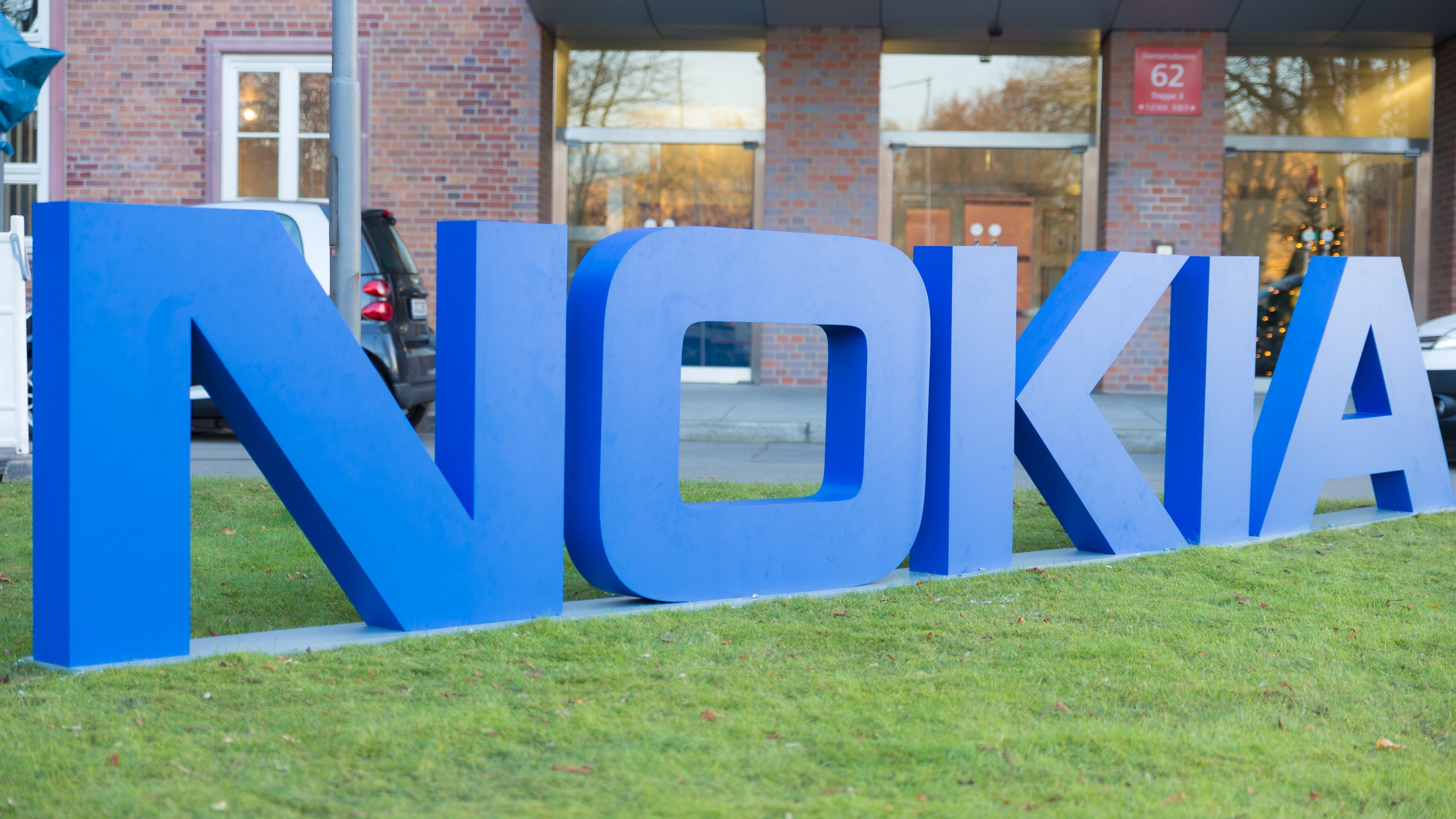Nokia distances itself from CTO comments about Huawei
Publicly criticizing your rivals rarely pays off

Nokia has disowned comments made by one of its senior executives regarding the security of its rival Huawei in the networking space.
In a recent interview with the BBC, the company's CTO Marcus Weldon warned the UK against using equipment made by the Chinese firm as it could pose a risk to the country's 5G networks.
To back up his claims, Weldon cited a new report from the US security firm Finite State, which provided further details on vulnerabilities present in Huawei's enterprise networking equipment, saying:
- Nokia secures 42 commercial 5G deals
- Huawei's telecom equipment is more likely to have flaws than rivals' claims report
- Huawei would sign no spy contract
“We read those reports and we think okay, we’re doing a much better job than they are. Some of it seems to be just sloppiness, honestly, that they haven't patched things, they haven't upgraded. But some of it is real obfuscation, where they make it look like they have the secure version when they don't."
Nokia and Huawei respond
Weldon also praised US restrictions on Huawei which he argued make up for unfair financial advantages the Chinese firm has taken advantage of in the past, saying:
“It’s fairness returning to the market. We were disadvantaged in the past relative to the practices that the Chinese were allowed to have in terms of funding mechanisms.”
Shortly after the interview, Nokia released a statement distancing itself from the comments of its CTO.
Sign up to the TechRadar Pro newsletter to get all the top news, opinion, features and guidance your business needs to succeed!
“Nokia notes the comments made by a Nokia executive to the BBC on 27 June 2019 regarding the possible impact of the use of a competitor’s products on the security of UK telecom networks. These comments do not reflect the official position of Nokia.”
Huawei also responded to Weldon's comments about the security of its products in a statement, which reads:
"Nokia’s statement that one executive’s comments on Huawei do not reflect their official position is a recognition that ill-informed loose talk does not help our customers or the industry more widely. We win new business by fair competition and on the basis of our technology and customer focus, not by denigrating our competitors. The best way to improve cyber security and ensure network resilience is for all vendors to agree to independent testing of their equipment and source code - just as we have done in the UK."
Via The BBC
After working with the TechRadar Pro team for the last several years, Anthony is now the security and networking editor at Tom’s Guide where he covers everything from data breaches and ransomware gangs to the best way to cover your whole home or business with Wi-Fi. When not writing, you can find him tinkering with PCs and game consoles, managing cables and upgrading his smart home.
